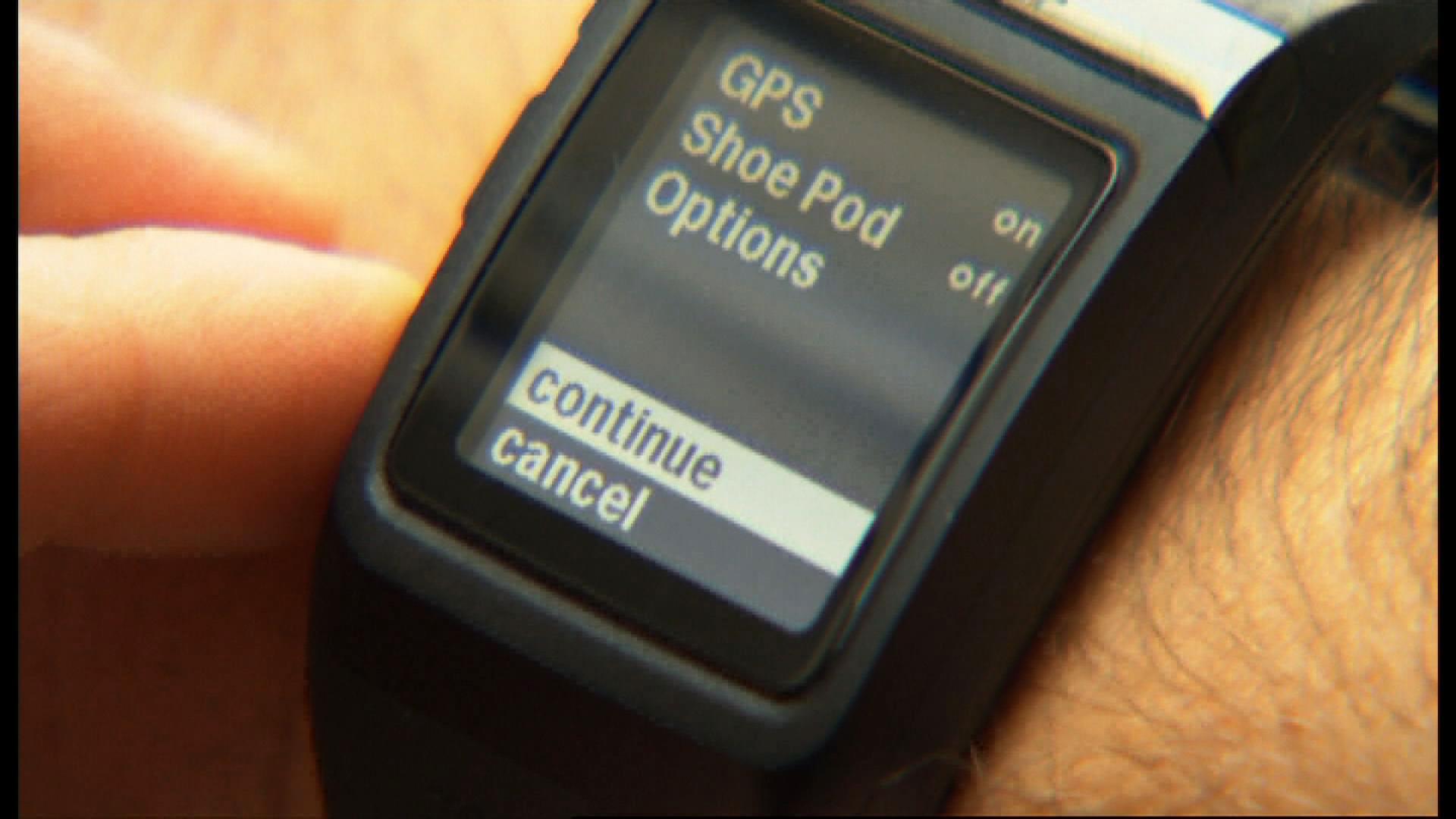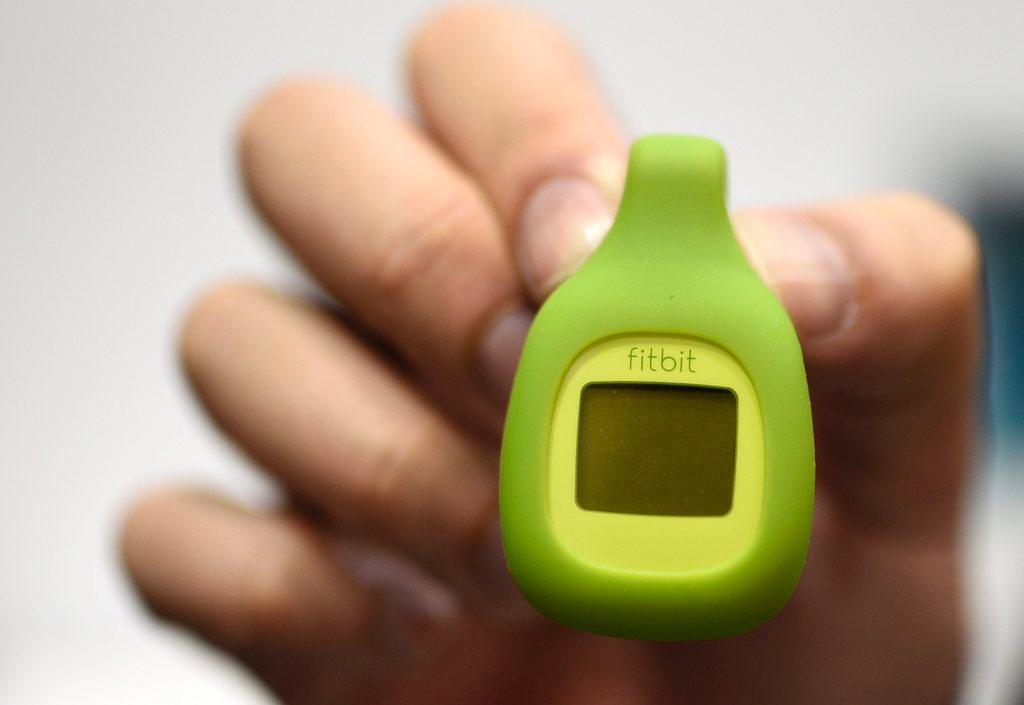Insurers grapple with wearable big data ‘revolution’

Big data is getting so large that executives from reinsurance giant Swiss Re believe it could be impossible to get life cover without a wearable device in the next five to 10 years. Big data may transform the industry, despite privacy issues and potential flaws in the technology.
“This has the potential to be a mini revolution when it comes to the way we underwrite for life insurance risk,” Swiss Re managing director Neil Sprackling recently told Insurance Networking news. “If you’ve got a groundswell of people who are actively engaging with these wearable devices, through which health information is being provided willingly, there is a much more efficient, more customer-friendly way of allowing people to assess risk.”
Market researchers believe demand for wearable health-monitoring devices, such as fitbit or jawbone, will explode in the coming years. New devices are springing up all the time that can monitor heart rate, blood pressure, sleep patterns and a variety of other health benchmarks.

More
How wearables work
Some can detect illnesses, such as glaucoma or diabetes, or help monitor the progress of patients already suffering from these conditions.
Insurers are queuing up to find a way of tapping into this mass of personal health data. This could enable them to offer personalised policies, some with discounts for those leading healthier lifestyles, and even encourage more people to take out insurance by doing away with the need for time consuming medical tests and reducing paperwork.
Indispensable wearables
Sprackling believes that insurers will be implementing wearable data on a large scale in around two years. His Swiss Re colleague, innovation manager Oliver Werneyer, is willing to go a step further in his forecast.
“Imagine you can get someone’s medical info, activity data, food intake info and health plans in a matter of milliseconds,” he wrote in a blog last year. Or, perhaps more pertinently, imagine that most people use data-grabbing wearables, but some would rather not.
“No wearable device = no health insurance,” he wrote. “This could be our reality in the next five to ten years. If you do not have a wearable device that tracks your health then you will find it nearly impossible to buy life insurance.”
During a panel discussion on wearables in Bern in January, Swiss data protection commissioner Hanspeter Thür raised concerns that this could result in health insurance discrimination against people who chose not to use wearables.
No discrimination
The medical insurers association Santésuisse, whose members provide obligatory health cover in Switzerland, said that it is barred by law from offering discounts for wearables users in basic health insurance models. This was confirmed by health ministry spokeswoman Michaela Kozelka.
Private insurers, however, would be free to offer such packages. “Consumers are free to contract a private health or a private life insurance, and the insurance company is free to shape its products and its premium policy the best way to meet what consumers want,” Swiss Insurance Association spokeswoman Sabine Alder told swissinfo.ch.
Zurich Insurance is excited about the prospect of using big data to better identify risk, communicate more effectively with clients and process claims more efficiently. “There are a lot of areas that new technologies can improve the customer experience,” head of research Benno Keller told swissinfo.ch. “It could allow us to detect health incidents before the customer gets round to notifying us.”
Open questions
But Keller also identifies some “open questions” that are yet to be resolved. Top of the list are data security and the question of how ready people really are to share their health data with the insurance industry and others on a mass scale.
“If everyone is fine with sharing data then a significant part of the market could rely on devices,” Keller explained. “This is a key issue. Do customers want this? How far would they accept being monitored and how open are they to new ways of providing insurance?”
Hanspeter Thür believes the law needs urgent modification to prevent data abuse. “These devices are dangerous things if we don’t use them in the right way, if we’re not well informed,” he told swissinfo.ch in January.
“Switzerland can of course improve its data protection laws, that’s needed but it’s not enough if Switzerland does this on its own – we need the same movement in the wider European context,” he added.
“We already have a lot of sensitive data from customers,” said Keller. “But with new technologies a large amount of data would be delivered over the internet. Additional safety measures may thus be required.”
Privacy vs cash
Providing security for big data is also turning into big business. The Lausanne-based technology company Pryv specialises in software that collects, stores and secures data for companies and private individuals.
Last year, Pryv agreed a deal with Misfit Wearables to handle data from the US firm’s activity and sleep tracking device. The company is also in contact with two insurance companies that it does not want to name at this stage of negotiations.
For Pryv chief executive Pierre-Mikael Legris, it is not a matter of should people share data, but how they should control that distribution. The age of personal data being spread around the planet is already upon us, Legris argues. The problem to solve is how to secure ownership and distribution rights.
“You simply can’t escape the valuation of data, but if you do it right then you can create advantages for yourself rather than others,” Legris told swissinfo.ch. “It’s surprising how many people, who are worried about their data, will hand it over if they are offered a 10% rebate.”
Ecosystem required
And there are other questions to answer too. Are wearables here to stay or are they just another tech bubble that will go down in history as a short-term fad?
How reliable is the data from each wearable device? And how much can you rely on clients to use them properly and systematically for long enough periods to get usable data?
That last point is of particular interest to the life insurance industry that commits customers to long-term contracts.
“It’s amazing how many of these wearable devices end up in the drawer after a few months,” Andreas Caduff, chief executive of health monitoring device company Biovotion, told swissinfo.ch.
That’s not such an issue for Biovotion, a spin-off firm of the federal technology institute ETH Zurich. It is preparing to launch products that constantly monitor chronic health conditions such as cardiovascular disease or diabetes. People who have such conditions are more likely to stick with devices than those who like just new technologies or are on a fitness binge.
Caduff recognises the value of health data to the insurance industry, but he advocates wider data sharing if it is to prove meaningful in the long-run.
“Just putting a wearable on an individual, whether healthy or chronically ill, is not enough,” he told swissinfo.ch. “It needs to be embedded in an ecosystem of care professionals, doctors, insurers and other stakeholders. This is the only sustainable way to ensure financial benefits for everyone, including the wearer of the device.”

In compliance with the JTI standards
More: SWI swissinfo.ch certified by the Journalism Trust Initiative


You can find an overview of ongoing debates with our journalists here. Please join us!
If you want to start a conversation about a topic raised in this article or want to report factual errors, email us at english@swissinfo.ch.